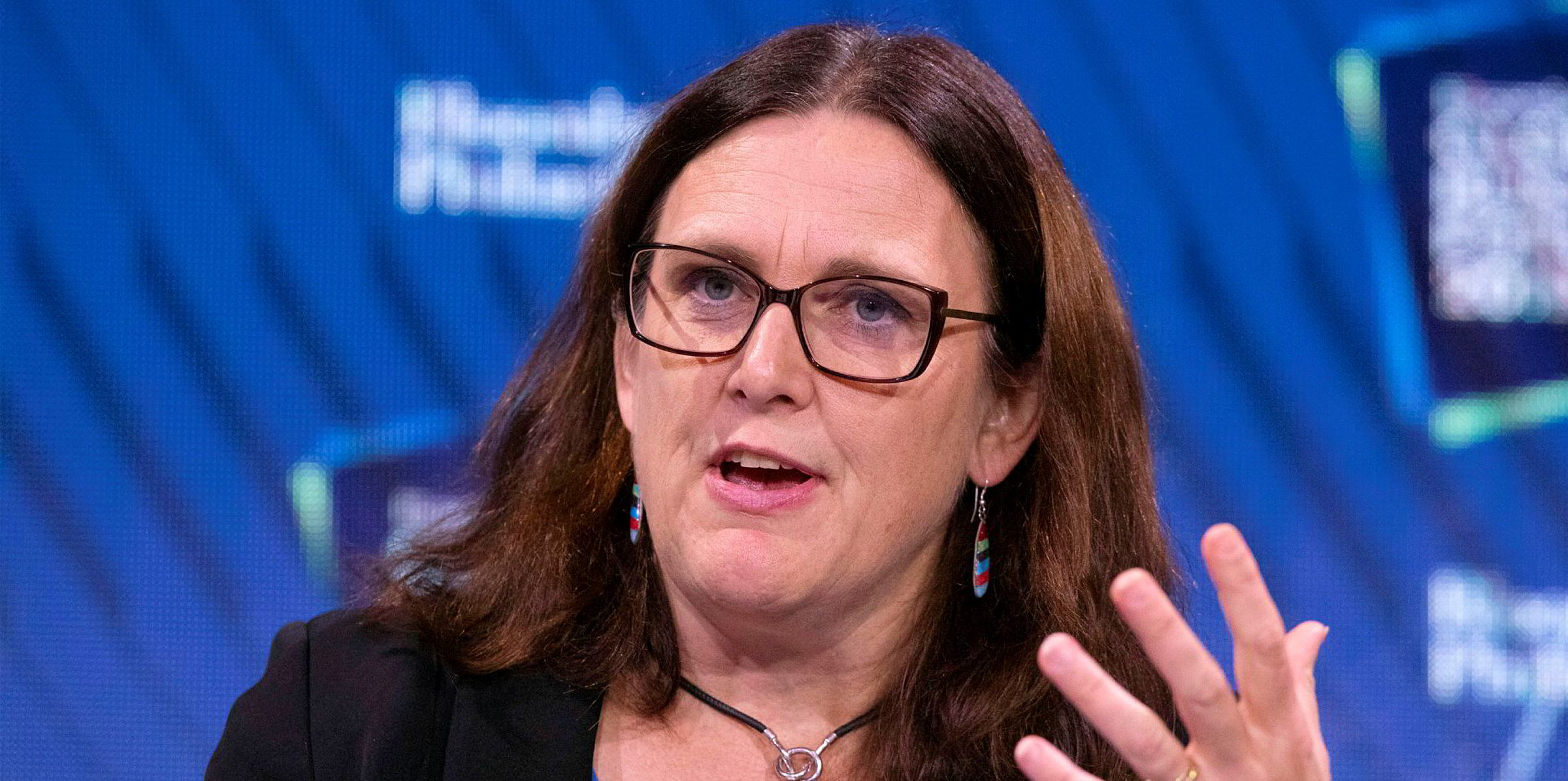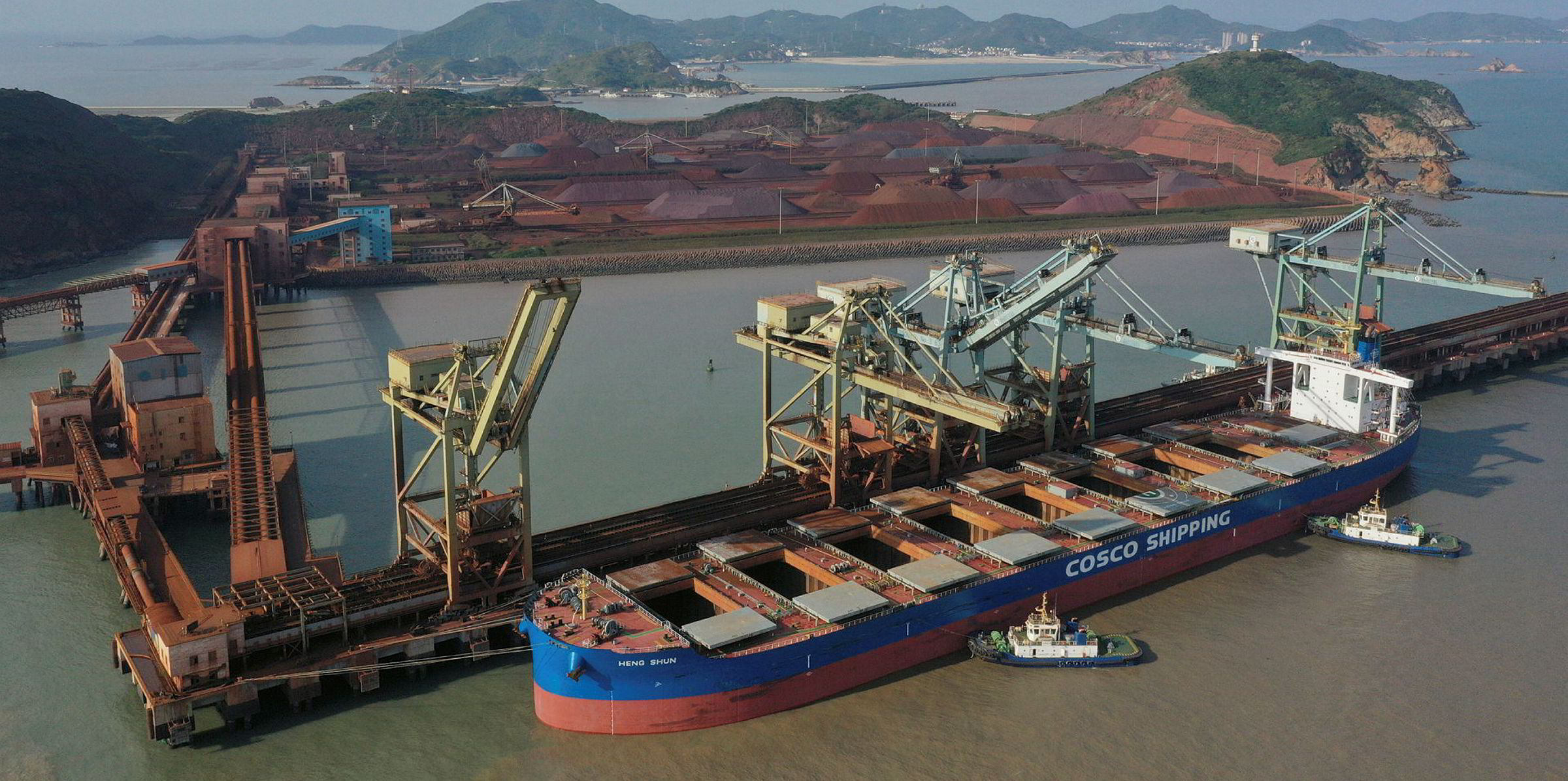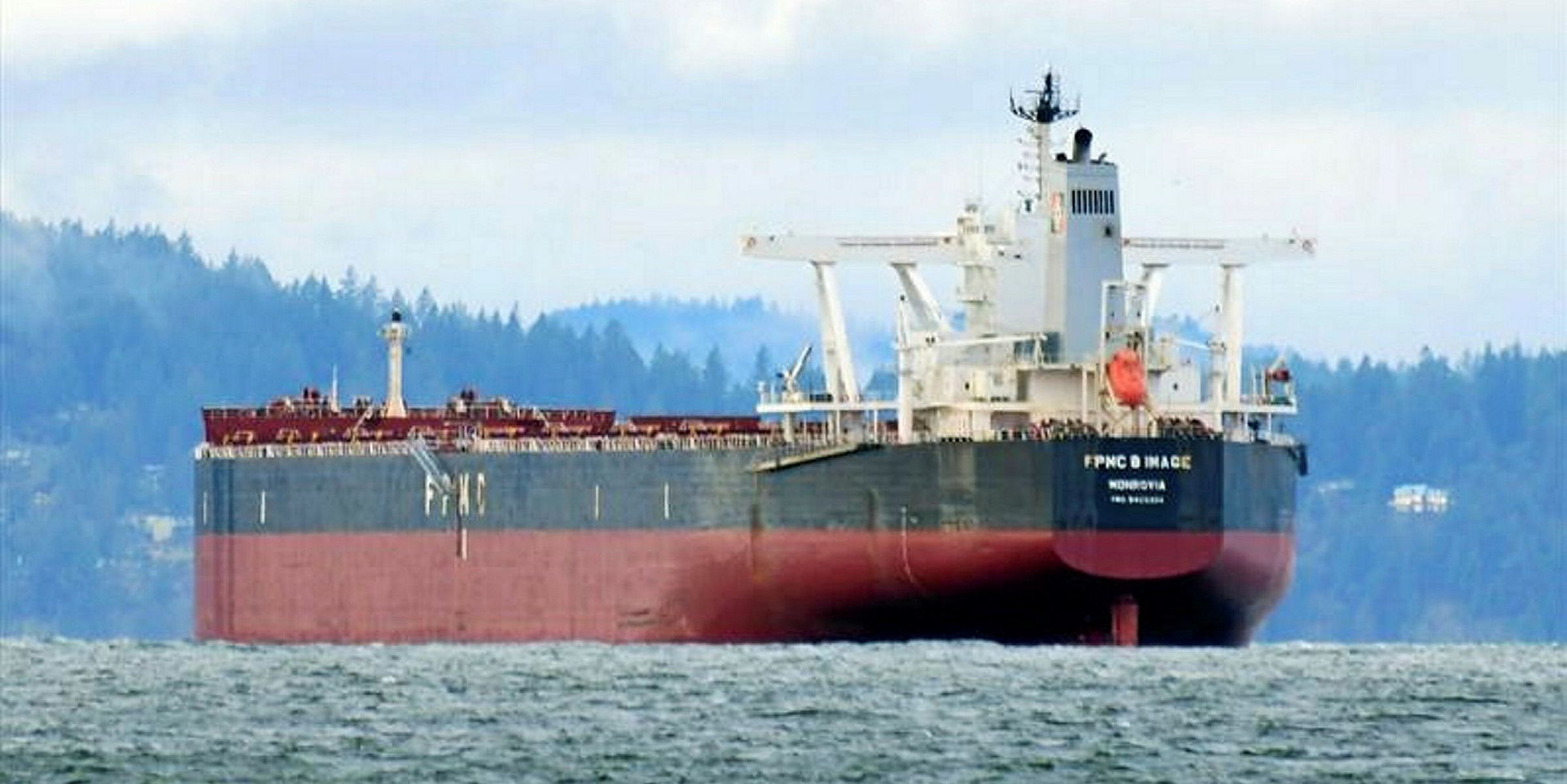The European Union (EU) has hauled Indonesia before the World Trade Organisation (WTO) to reverse the Asian country's export bans on a string of metals used in steel production including nickel, a key commodity for bulk shipping.
“These restrictions unfairly limit access of EU producers to raw materials for steel production, notably nickel as well as scraps, coal and coke, iron ore and chromium,” Europe’s trading block said in a statement.
“The export restrictions imposed by Indonesia put... jobs in the EU's steel industry at risk,” said Cecilia Malstrom, EU commissioner for trade.
Indonesian export restrictions and bans, to be renewed from January, have often been cited as one reason for the lacklustre performance of some dry bulk freight markets, particularly supramaxes trading in southeast Asia.
The EU's move at the WTO is just part of a wider challenge of Indonesian rules that also include domestic processing requirements, which the EU sees as hidden subsidies for local Indonesian producers that go against WTO rules.
Indonesia said it wants to move away from being merely a raw materials supplier to a processing hub in its own right. Liquefaction of export-bound nickel ore cargoes haphazardly laden on ships has also led to several lethal maritime accidents.
The EU’s appeal is just the first step in what could be a long process that begins with mutual consultations. If talks fail to produce a settlement, the EU may request that the WTO set up a panel to rule on the issue.






